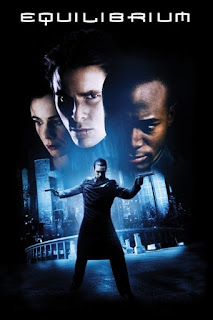The Joy of Academic Reading: Why Wittgenstein and Derrida are not the same
Academic reading can be a chore. For some reason, experts often engage in a sort of linguistic torture that leaves readers bored, confused, and emotionally drained. But every so often, one encounters a piece of academic writing that makes the soul sing. This was the treat that awaited me today as I read Toril Moi's 2009 essay, " They practice their trades in different worlds": Concepts in Poststructuralism and Ordinary Language Philosophy ." Over the past year I wrote a thesis on Stanley Hauerwas that featured a chapter on his indebtedness to Ordinary Language Philosophy. I was frustrated by the constant criticisms of the "linguistic turn" in Hauerwas' work that often came from a group known as the "Biola School." Their criticisms seemed to me to be off-base somehow, but I could never quite articulate a satisfactory account of what these folks got wrong. I supposed that they simply had not undergone the Wittgensteinian therapy necessary to r

